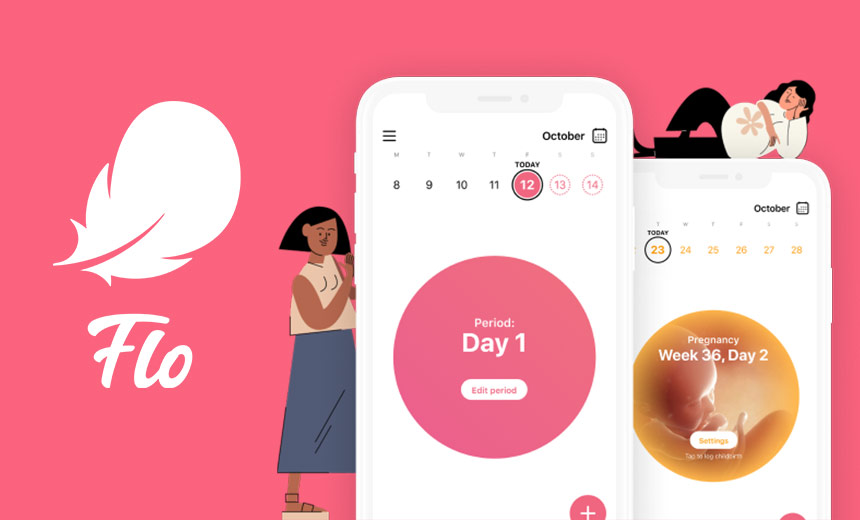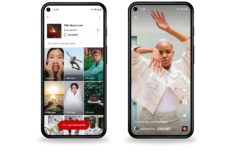In 2020, Tech Cabal ran a survey to find out which period apps were common in Africa; the focus was on Nigeria.
The survey reached women at the peak of their reproductive life (between 18 and 35). It asked what they tracked with these apps and how much they cared about the privacy of the information they provide.
Two apps came out as the most popular period apps in use: Flo and My Calendar.
The average woman gets her period every month, and if she’s lucky, her cycle lasts between four to five days. Each month, women also ovulate for 14 days, just before the midpoint of their next menstrual cycle.
With the advent of technology, most women are totally dependent on AI to track their cycles, hormonal changes, fertile windows, and much more.
Today, Flo is still the dominant fertility app in Africa. The period and ovulation tracking app allows users to keep an eye on their cycles while notifying them of body changes and upcoming fertile windows.
Following a massive customer base (the app currently has 100 million users), Flo has evolved. They created a premium AI assistant that allows people to take courses on the platform and chat with a chatbot that helps women manage body changes and their reproductive health.
All this data was provided to Flo with the understanding that none of it will be shared with third-party entities – as stated in their privacy policy.
So what did Flo really do?
The healthtech app was recently called out by the Federal Trade Commission (FTC), an independent agency of the United States government, tasked with promoting consumer protection.
Flo was accused of sharing users’ health data with third-party app analytics and marketing services like Facebook. This was despite their agreement to keep users’ health data private.
Information protected under their privacy policy include: user’s weight, body temperature, symptoms related to the user’s menstrual health, and sexual activity.
However, a report analysing applications sharing users’ data revealed that Flo informed Facebook of in-app activity including when users were on their periods or planning to get pregnant. This information was used to target ads to these users.
Despite the alleged breach of trust, Flo denied the accusation and claimed they never tampered with their users’ private information. Factually, their highest priority is protecting our users’ data.
In what some might see as a slap on the wrist, Flo has been prohibited from misinterpreting the purpose for which it collects, uses or discloses data and how much consumers can manage these data uses.
They are also expected to notify users whose information has been disclosed to any third party and ask concerned third parties to destroy the information.
Meanwhile, Flo’s official position is that they haven’t broken any laws but will only cooperate with the aforementioned reviews because they hope to reach a settlement to avoid the time and expense of litigation they would need to clear the air.





















